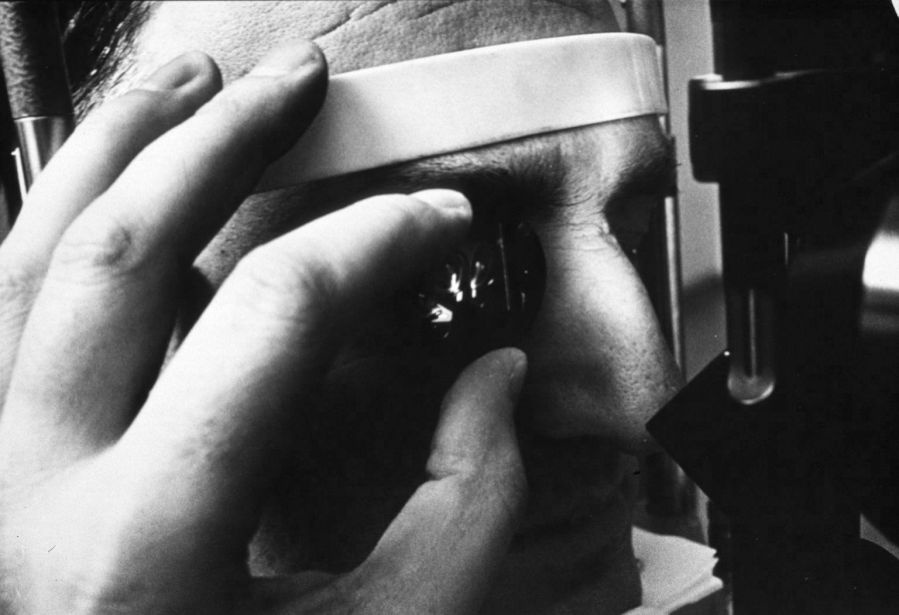Eye see what the problem is: Part 2
Retinal detachment sounds exactly like what it is: an eye condition where the retina peels away from the underlying tissue that normally supports it. It is important that attention is sought immediately, otherwise the retina can detach entirely and cause permanent blindness. Since immediate care is required should the retina begin to detach, it is crucial to understand the symptoms.

Before a full retinal detachment occurs, it is frequently preceded by a posterior vitreous detachment. This can be the first step toward retinal detachment and involves the vitreous separating from the retina.
If this occurs you will notice a variety of unusual symptoms:
- You may notice a quick flash of light (similar to a camera flash) in the periphery of your vision. This is more noticeable at night time.
There may be a sudden and dramatic increase in the number of floaters in your eye. Floaters are normal and are simply deposits of various shapes, sizes and consistencies in the eyes vitreous humour. The vitreous humour is the clear gel that sits between the lens and the retina of the eye. It is perfectly transparent at birth but as we age it starts to liquefy and develop opacities or floaters. This is normal unless you notice a dramatic and sudden increase in the number of floaters. If so, this might be a symptom of a vitreous or retinal detachment.
You may complain of slightly blurred vision. Some people describe this as looking through smudged glasses.
If you notice these symptoms it is essential for you to undergo an examination of your retina after your pupils have been dilated with drops.
A posterior vitreous detachment can sometimes cause a tear in the retina which can progress to a retinal detachment. As well as the symptoms listed above, the symptoms of a retinal detachment can include:
- Shadows or obscuration of the vision in the periphery, similar to a curtain.
- Straight lines may begin to appear curved and wavy.
- Finally you will notice central vision loss.
The key is in understanding the signs and symptoms and seeking help before it's too late.












